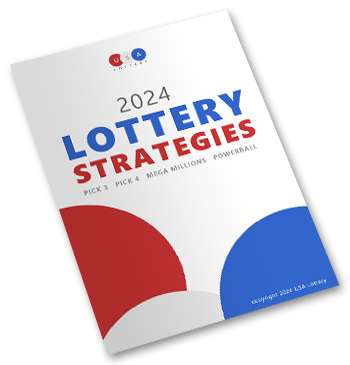Playing any lottery game should be inexpensive and entertaining. If you’re starting to find it causing you stress, anxiety or money worries then it’s important to reach out for help.
Taking this positive step mustn’t be seen as a weakness. It’s perfectly normal to speak to others when in need of a little help. Otherwise you run the risk of negatively affectig your health, personal life, career and finances.
Important points to remember
- Be realistic: Realize that the odds of you winning large amounts are very low and set your hopes and expectations accordingly.
- Know when to stop: When the fun stops… stop playing. You risk escalating problems the more you play.
- Help is available: There are people ready to help you 24/7. The help is confidential, non-judgemental and available to all.
- It should be fun: Playing the lottery is entertainment, it should not be relied upon as a way to make money.
- Budget accordingly: Set yourself a safe budget to limit your spending and do not go over it.
- Be self-aware: If you find yourself playing in secret or hiding your lottery playing from friends and family it’s time to speak to someone.
How to control your gambling
Playing the lottery and any form of gambling in moderation is perfectly acceptable. However to ensure that your gambling habits remain under control you might want to consider the following:
- You should never spend money trying to win your way out of a loss.
- You should quit if you are ahead.
- You should never turn to gambling as an escape from boredom.
- It is not an investment or a means of making money.
- You can stop at any time.
- Setting spending and time limits helps keep things in moderation.
- Gambling should never be, or become your main hobby.
- You should only gamble amounts that you can afford to lose.
How to recognize a gambling problem
Gambling for some can become an addiction much in the same way people can become addicted to drugs or alcohol. Often the symptoms are subtle and difficult to detect by friends, family or even the person themselves.
Warning signs
- Prioritizing gambling over personal or family needs.
- Resorting to selling or pawning personal belongings to gather funds for gambling.
- Feeling despondent, low-spirited or contemplating suicide due to gambling-related issues.
- Missing out on work or family time due to gambling-related activities.
- Feeling a sense of freedom while indulging in gambling activities.
- Making efforts to curb or manage gambling behaviors but finding little to no success.
- Being dishonest about the amount of money utilized for gambling.
- Gambling with the intent to recoup past gambling losses.
- Finding the need to borrow funds to gamble or settle gambling-related debts.
How much is too much?
How frequently a person engages in lottery games or the amount of money they’ve invested or earned doesn’t necessarily indicate a gambling problem. The issue of problem gambling surfaces when it starts to negatively affect any aspect of a person’s life or the lives of those close to them.
Confidential help is available 24/7
If you need help, or if you or a family member have any questions related to problematic gambling then don’t hesitate to call the confidential National Problem Gambling Hotline, or visit their website.<.p>
National Council on Problem Gambling: (800) 522-4700


